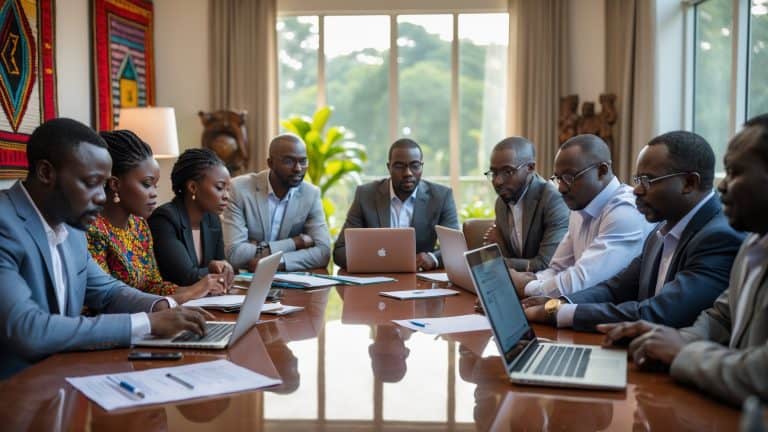This is a premium article written by one of our experts.
Check out

Navigating Legal Investments in Ghana: Essential Strategies for Diasporan Entrepreneurs
With one of Africa’s fastest-growing economies, Ghana presents a wealth of opportunities for diasporan entrepreneurs. However, its legal and regulatory landscape can be challenging to navigate without the right preparation. Did you know that over 60% of foreign businesses in Ghana experience compliance failures due to overlooked regulations?

Fair Pay Strategies for Expat Employers in Ghana: Navigating Currency Changes with Integrity
Navigating currency fluctuations as an expat employer in Ghana extends far beyond financial spreadsheets—it’s about people, trust, and ethical responsibility. In an economy where the cedi’s value can shift rapidly, payroll discussions often evolve beyond numbers and into deeply human conversations about fairness and loyalty. The way these adjustments are managed directly influences employee motivation, retention, and overall workplace harmony.

Creating a Successful Investment Syndicate in Ghana: Your Guide to Collaborative Capital Formation
This is a premium article written by one of our experts. Upgrade to Navigator or Pathfinder read the full article

Living in Ghana: Managing Power Outages and Adjusting to Life Without Instant Services
This is a premium article written by one of our experts. Upgrade to Navigator or Pathfinder read the full article

Culture Adjustment in Ghana: Navigating Social & Business Norms
Whether relocating for a career opportunity, reconnecting with your heritage as part of the diaspora, or exploring a new chapter of life, understanding the interplay between Ghana’s communal values, social hierarchies, and relationship-focused business culture is key. Each conversation, handshake, and shared meal takes you closer to fully immersing yourself in the local way of life.

The Golden Paradox: Why Ghana Feels Poor Despite Its Riches
This is a premium article written by one of our experts. Upgrade to Navigator or Pathfinder read the full article